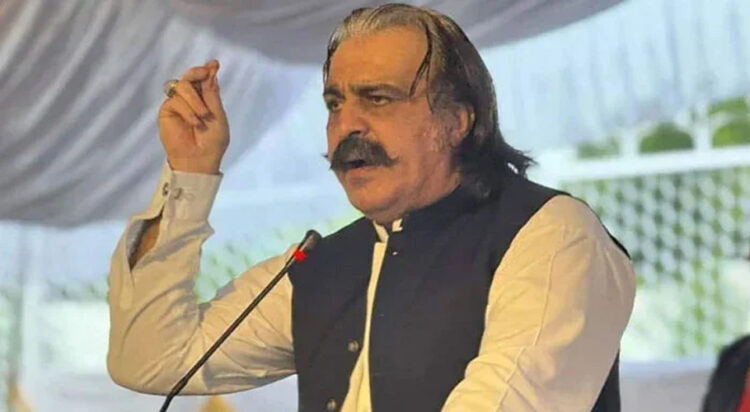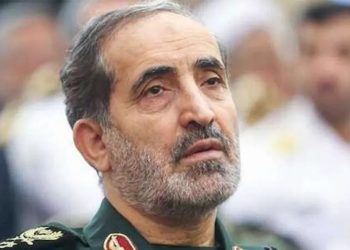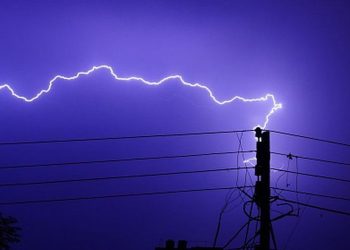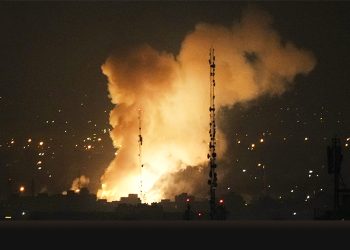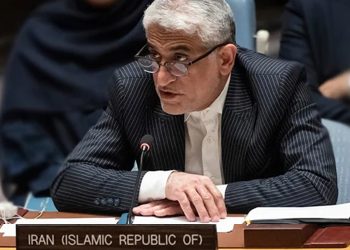Khyber Pakhtunkhwa (KP) Chief Minister Ali Amin Gandapur criticized the ‘establishment’ in his first public address after resurfacing, following hours of being “unreachable” after PTI’s September 8 rally in Islamabad, saying he plans to send a provincial government delegation to neighboring Afghanistan to engage in dialogue and address ongoing issues.
Speaking at an event organized by the Peshawar Bar Council Association on Wednesday, the KP chief minister reaffirmed his loyalty to PTI leader Imran Khan, urging state institutions to reform their practices.
“I want to send a message to our leader, Imran Khan, that we fully support your vision,” Gandapur said. His remarks came after he went “missing” in the aftermath of a government crackdown on PTI for violating newly-introduced public assembly laws during their Islamabad rally.
Upon his return, PTI officials clarified that Gandapur had been in a prolonged meeting with government officials concerning the law-and-order situation in KP.
He called on state institutions to “mend their ways” for the benefit of the people, the country, and even the institutions themselves. He also encouraged dialogue with Imran Khan, who is currently detained. “Our priority should be to elevate the country, not our egos,” he added.
Addressing the recent wave of terrorist attacks in the province, Gandapur expressed deep concern. He shared that during a meeting with the apex committee, he conveyed the loss of trust between the people and the police. “My province is suffering, and they don’t seem to care,” he lamented.
Since the Taliban’s return to power in Afghanistan in 2021, Pakistan has experienced a surge in violent attacks, particularly in Khyber Pakhtunkhwa and Balochistan. In August alone, KP saw 25 deaths from 29 terrorist incidents.
In response, Gandapur announced plans to send a provincial delegation to Afghanistan to seek solutions through dialogue. “I am accountable to the people who voted for PTI and brought it into power,” he said. He added, “If the Afghan authorities agree to talk, that’s good. If not, then so be it.”







